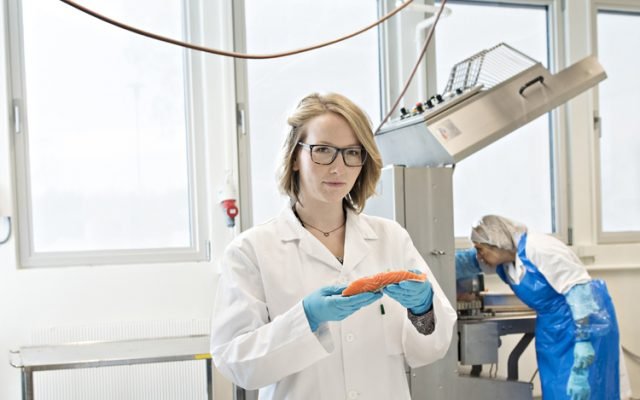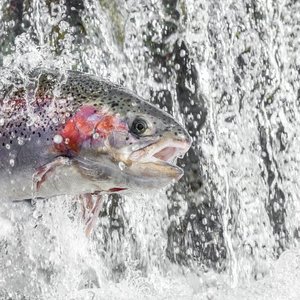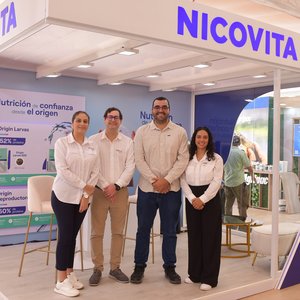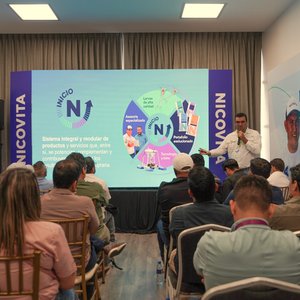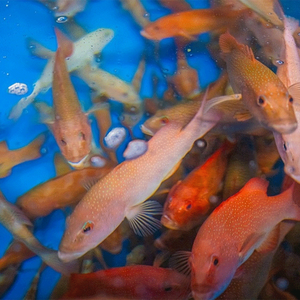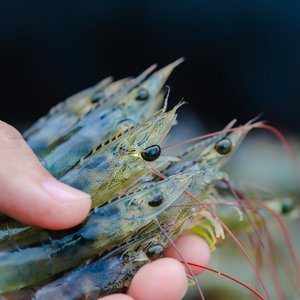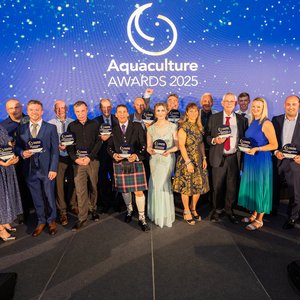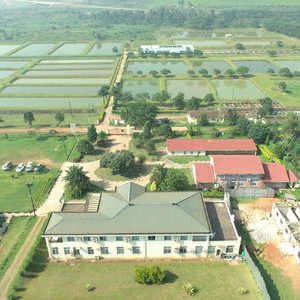Norwegian researchers from Nofima and Norwegian University of Life Science found that it is possible to change the fatty acid composition of farmed salmon through breeding. The study was part of Siri Storteig Horn’s PhD thesis on breeding and omega-3 in Atlantic salmon.
Previous studies have shown a potential for selective breeding to increase overall levels of omega-3 fatty acids in salmon, but the connection between individual omega-3 fatty acids and other traits was unknown.
The overall goal of the doctoral thesis was to identify the genetic basis and underlying biological mechanisms associated with omega-3 content in salmon fillets. The study tracked families of farmed salmon that lived under the same conditions and were fed the same diet throughout life, so that environmental factors were reduced to a minimum.
There was large individual variation in the content of the omega-3 fatty acids EPA and DHA in the muscle tissues of the fish, and both EPA and DHA were hereditary properties, with heritability at 9 and 26 percent, respectively. “This means that 9 and 26 percent of the differences between salmon are due to genes. Therefore, it is possible to change the fatty acid composition in salmon muscle by breeding,” the scientist explained.
Scientists observed that omega-3 levels in muscles are connected with fat deposition and metabolic processes such as carbohydrate metabolism, and with genes related to muscle growth. In addition, they identified a region on the salmon genome that is associated with omega-3 level variation, where they can continue to try to find which genes govern the omega-3 content of salmon fillets.
“This can help us understand why some salmon have more omega-3 than others, and can also be useful in breeding,” said Storteig Horn.
The doctoral research was part of the Genomics of omega-3 in Atlantic salmon project. The four-year project was funded by the Research Council of Norway and was a collaboration between Nofima, NMBU, the University of Southampton and SalmoBreed.


